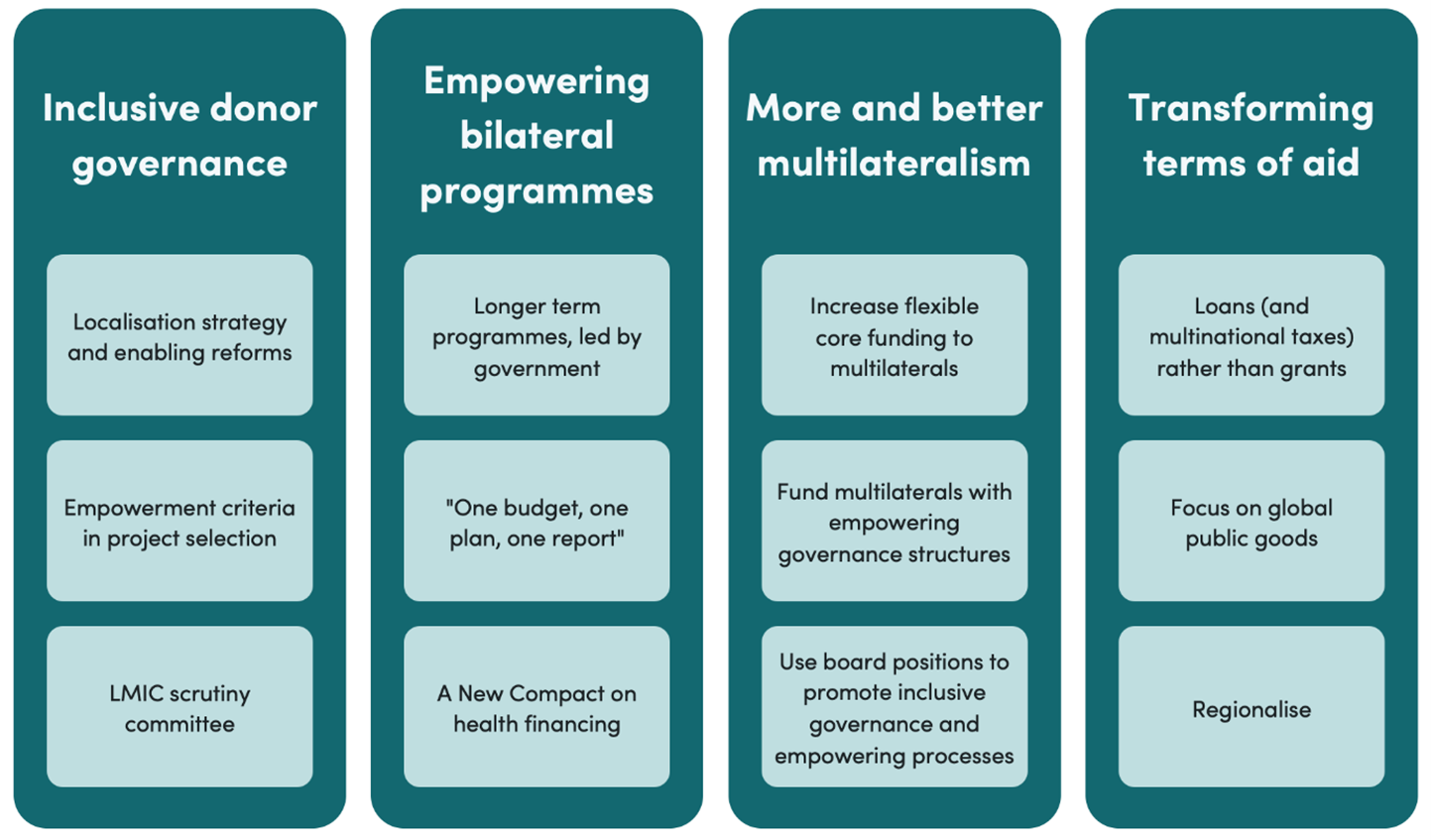The effect of International Monetary Fund (IMF) programs on health spending is controversial. Those who have worked hard in the past decade to mobilize unprecedented levels of funding and attention for health programs in developing countries have contended that the IMF's approach to macroeconomic management has constrained effective use of donor funds and thereby weakened efforts to improve health conditions in countries that are most heavily burdened by disease. The IMF responds that governments are responsible for choices on expenditure priorities and that the Fund does not set targets for spending or wages in particular sectors.
This brief summarizes the findings of the Center for Global Development's working group on IMF Programs and Health Spending, convened in Fall 2006 to investigate these issues and make practical recommendations for improvements. The group focused on the interaction between IMF-supported macroeconomic policies and government health spending, drawing upon background analyses and detailed case studies of the experience in Mozambique, Rwanda, and Zambia. The group reached several broad conclusions:
- IMF-supported fiscal programs have often been too conservative or risk-averse. Despite some increased flexibility in recent years, they have often unduly narrowed the policy space by failing to investigate sufficiently more ambitious, but still potentially feasible, options for higher government spending and aid.
- The IMF Board and management have not made sufficiently clear what is expected of IMF staff in exploring the macroeconomic consequences of alternative aid scenarios. As a result, the IMF risks sending confused signals to donors and recipient governments.
- Wage bill ceilings have been overused in IMF programs and should be limited to the (probably rare) circumstances where a loss of control over payrolls threatens macroeconomic stability. IMF programs have not imposed specific constraints on hiring or wages in the health (or education) sector, but IMF efforts to protect these sectors from the effects of aggregate ceilings cannot be enforced in practice.
- A striking disconnect exists between macroeconomic and health sector policy-making. Key fiscal decisions are taken with little understanding of potential consequences for the health sector and health ministries typically cannot make an effective case for increased budgetary priority. Donors have often added to the fragmentation of budgetary processes. Addressing these capacity gaps will require considerable external support, but governments must take the lead.
Please click here to see the full report
For more information, please visit the IMF Initiative Page
Rights & Permissions
You may use and disseminate CGD’s publications under these conditions.





